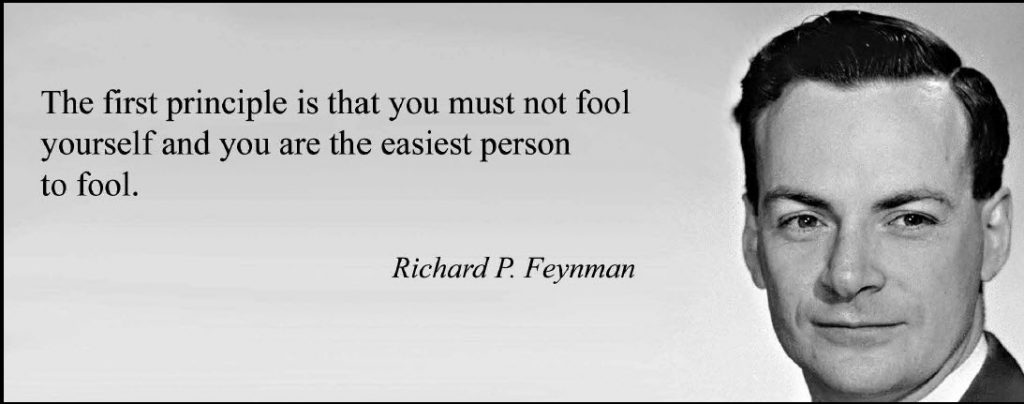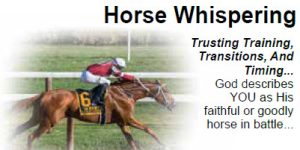By: Mae Lewis
Richard Feynman was a theoretical physicist (1918-1988) who is well known for his contributions to quantum mechanics, particle physics, and the study of subatomic particles.
He helped develop the atomic bomb. He pioneered the field of quantum computing. He introduced the concept of nanotechnology. He is ranked the seventh greatest physicist of all time.
Then he peaked.
In 1965, Feynman won the Nobel Prize in physics for developing the field of quantum electrodynamics. Following the award, he felt dejected, and “doubted his ability to continue to make useful, original contributions at the forefront of theoretical physics.”
During this period of dejection, Feynman attended an event in Chicago with his colleague, David Goodstein. While there, Feynman was approached by James Watson, co-discoverer of the double-helical structure of DNA (a milestone that marked the beginning of modern molecular biology, genetic engineering, biotechnology, and many other advances in science!).
Watson wanted Feynman to read his manuscript for his book: The Double Helix.
Feynman did. His colleague, David Goodstein recounts what happened next:
Feynman was waiting for me in the living room. “You’ve gotta read this book,” he said. “Sure,” I said, “I’ll look forward to it.” “No,” he shot back, “I mean right now.”
And so, sitting in the living room of our suite, from one to five in the morning, with Feynman waiting impatiently for me to finish, I read the manuscript that would become The Double Helix.
At a certain point, I looked up and said, “Dick, this guy (Watson) must be either very smart or very lucky. He constantly claims he knew less about what was going on than anyone else in the field, but he still made the crucial discovery.”
Feynman virtually dove across the room to show me the notepad on which he’d been anxiously doodling while I read. There he had written one word, which he had proceeded to illuminate with drawings, as if he were working on some elaborate medieval manuscript.
The word was “Disregard!”
“That’s what I’d forgotten!” he shouted (in the middle of the night). “You have to worry about your own work and ignore what everyone else is doing.” At first light, he called his wife, Gweneth, and said, “I think I’ve figured it out. Now I’ll be able to work again!”
Too many of us are held back by comparing ourselves to other’s achievements. It is only when we stop looking at everyone else and focus on our work that we will create something entirely new and revolutionary.
Feynman recognized that we often fool ourselves into taking a backseat to others. In his case, he was comparing himself to his own past. By comparing ourselves to others, or to our own past achievements, we only do ourselves a disservice. You are unique, and no one else in the world can make the contributions that you can. What are you working on…or NOT working on because you have compared yourself to someone else? Is there something that you are holding back because you compare yourself to someone else’s life?
DISREGARD what others are doing! Focus on what you, and you alone can offer the world. Even if you think it has been done before, do it anyway!
Feynman wrote: “You have no responsibility to live up to what other people think you ought to accomplish. I have no responsibility to be like they expect me to be. It’s their mistake, not my failing.” (from Surely You’re Joking, Mr. Feynman!: Adventures of a Curious Character)
STOP living up to other’s expectations. START setting expectations for yourself. The only thing holding you back is YOU.
By: Mae Lewis









 June 20, 2025
June 20, 2025



